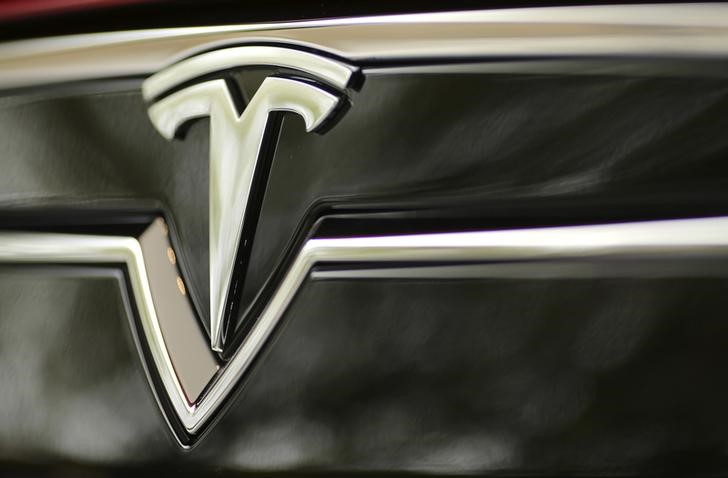





As Donald Trump prepares for a potential second term in the 2024 presidential election, analysts are increasingly concerned about the implications for American liberalism and societal progress. Trump's presidency is seen as a pivotal moment that could signal a significant shift in U.S. political culture, particularly as he aligns with figures like Hungary's Viktor Orbán, whom he met at Mar-a-Lago in July 2024 [2871f344].
Historically, American liberalism, rooted in 18th-century Enlightenment thinking, dominated the political landscape throughout the 20th century, especially during the New Deal and Great Society eras. However, this liberal consensus began to unravel in the late 1960s and 1970s, paving the way for neoliberalism to emerge as the prevailing philosophy, which emphasized market efficiency and deregulation [2871f344].
The rise of neoliberal policies has been linked to increasing inequality and a populist backlash, which has only intensified in recent years. Joe Biden's attempts to distance himself from neoliberalism in the wake of growing discontent failed to resonate with voters, marking his economic interventions as a last hurrah for outdated liberal politics [2871f344].
In this context, Trump's economic policies, which diverge sharply from the neoliberal consensus, are gaining traction. His approach includes tariffs and protectionism, raising questions about the sustainability of neoliberalism in the face of rising inflation. Analysts like Jennifer Burns suggest that current inflationary pressures could signify the end of the neoliberal era, while economist Simon Johnson warns that Trump's proposed tax cuts might exacerbate inflationary trends [07d9eb12].
Cathie Wood, CEO of Ark Investment Management, has expressed optimism about Trump's potential economic impact, suggesting that his policies could 'turbocharge' the economy, possibly leading to growth rates surpassing those of the Reagan administration. This sentiment is echoed by influential figures in finance, including billionaire hedge fund manager Bill Ackman, who has shifted his support to Trump based on empirical data and careful consideration [fc71bd02][ac60cd01].
However, Joseph E. Stiglitz warns that under Trump's leadership, the United States may regress in scientific and technological advancement due to a rejection of Enlightenment values. He references Francis Fukuyama's notion of the 'end of history' and suggests we now face an 'end of progress.' Stiglitz emphasizes the importance of scientific experimentation and social sciences for societal improvement, cautioning that the current oligarchic leadership prioritizes wealth accumulation over the public good. He highlights alarming statistics, such as 16% of American children living in poverty and the U.S. having the lowest life expectancy among major economies [33e7a41b].
Stiglitz outlines three potential scenarios for the future: a return to Enlightenment values, continued oligarchic capitalism in the U.S. and China, or Europe leading progressive capitalism. He expresses skepticism about the U.S.'s ability to maintain progress, especially in the face of climate change and technological threats, warning of potential global repercussions [33e7a41b].
As the election year unfolds, the intersection of Trump's policies and the historical context of American liberalism will play a crucial role in shaping the future of U.S. politics and economics, raising the stakes for both his supporters and critics [5e0d22c5].